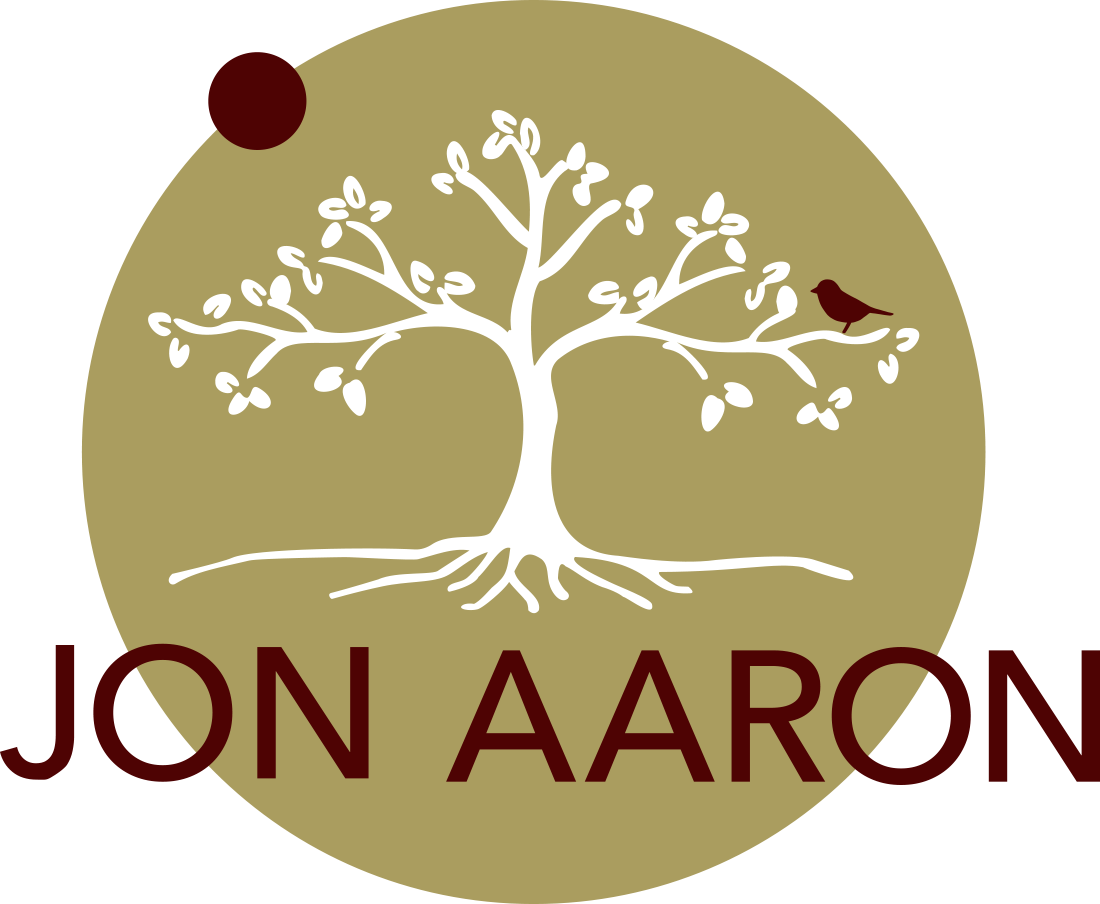Joyful Effort
I was having a conversation with an artist recently about being frustrated to be “out of the conversation” to not have his art be part of the current scene etc. Part of the issue of course with being a visual artist is that work is created and if it’s not sold or taken by a museum, when the artist dies, much of it may be left in the trash bin—literally or figuratively. Of course, to an artist this would be a rather depressing thought, and this is truly understandable. I reminded this person that museums like the Met have far more art in storage than on display and that in the medieval and the renaissance times, artists weren’t creating art for posterity but for what was needed then.
As an artist he had no option but to create art regardless of what happens to it after it’s completed. It’s wonderful to reach a standard where anything you create will be taken up and sold etc, but as in any art form, the number of artists who reach that level is an extremely low per-centage of the number of creative artists in the world and of course “success” often has little to do with the actually talent of the individual.
For this individual the joy of creation seemed to be gone. Is it possible to just have the joy of effort, to have effortless effort, not tied to a result? This is the true meaning of Joyful Effort.
In illustrating right effort (wise effort) the Buddha compared it to tuning lute —if the string is too tight it will break and if the string is too loose there be no sound. We need just enough effort to have a string that’s in tune. If we try too hard to achieve something – in other words to have a fixed goal—then we will be frustrated or never satisfied. If we don’t put in enough effort then there will be no progress along the path.
When you try to stop activity to achieve passivity, your very effort fills you with activity.
From Hsin Hsin Ming (Faith Mind)—the 3rd Zen Patriarch
When it comes to the artist finding no joy in creation unless there was a reward—either a showing or creating conversation—then the effort will ending up being weak and there will no motivation to continue. On the other hand, if there is a gallery event, or showing coming up this will force a different kind of effort. There may be no joy in the process but there might be joy in the showing—unless of course the work isn’t appreciated. What happens if the artist just paints (or sculpts, or writes etc) and can simply be with the joy of creation.
Of course, at first most people want to have a goal in their meditation—to reduce stress, to get rid of pain, to quiet the mind, to find peace, to wake up, etc, etc. Which seems reasonable enough, I mean without a goal what’s the point. Of course, we then assume we know what that goal will feel like once it’s been achieved but do we really know?
What is it like to simply be with the joy of meditation—to be with the joy of just sitting the joy of don’t know mind?
I have a close friend who in my opinion (and that of many others I respect) is one of the great pianists of the world. For various reasons related to physical issues, he has never had a major performing career and so spends most of his time just making recordings. These recordings have somewhat of a market, but he has done little to market himself. I joke with him often about dying and being one of the greatest pianists few people have ever heard about. He doesn’t seem to care. What makes him most happy is to create these recordings. Of course he’s delighted when they are noticed, but if they weren’t he would still make them.
Just sit. Have no expectations, let the mind/heart be open and relaxed and be fully present with whatever arises. Find joy in the knowing.
